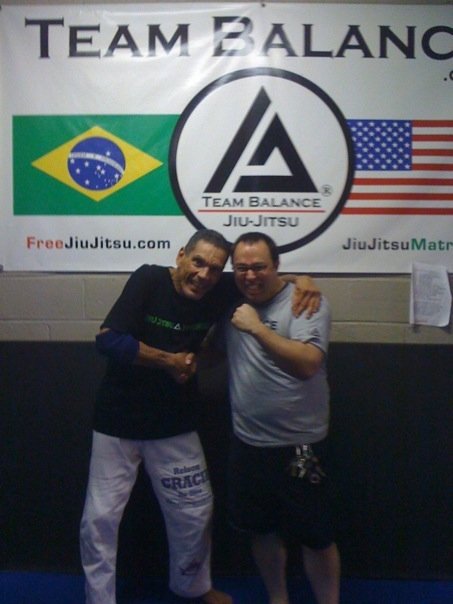Becoming Nobody
Online chess. Brazilian Jiu Jitsu. It is a stretch to say that I like losing but I consider myself game. Gamey? Gamer. Willing. Much more willing to lose than not to play. Grow or at least have the experience. That will pave the way one pebble at a time.
So often you will hear in a conversation or read in a blog or social media outlet that someone considers themselves a “lifelong learner.” I wonder what they are learning? In my informal survey of these statements, it is typically a statement about one’s willingness to improve or change their current skills. Is that not what everyone does or is expected to do? Formally, I would enjoy gaining more information about genuine levels of objective growth and change rather than anecdotes about life-changing events and decisions that “really moved (institution X) forward.

As one who enjoys martial arts, I look at all areas of my life to reveal my training partner. It changes by day and by context but the function is the same. By working together, each one has the goal of improving their skill and they cannot do it alone. Regardless of your training partner, you can only have one competitor. Self. Choose how much practice takes place, quality of food, level of hydration, and intensity of work. Make the decision to be present. Aware.
Before I step onto the mats I determine my attitude and I am sure that it influences who obliges when I offer to pair up for a session of training. So many would love to say that “any given Sunday” I may win a match or lose a match; have an up day or a down day. That is not the case. My training session begins the night before when I decide to get a decent night’s sleep and moves forward with decisions throughout the day. There are not many decisions to be made. There is one. Then another one.

Watching the documentary “Bobby Fischer Against the World,” I heard David Shenk saying that there were 40,000 moves on a chess board after the first move. If you know anything about chess, you know that this is inaccurate. From both a mathematical standpoint as we as a meaningful standpoint, it is inaccurate. The only one with thousands of moves before them in a chess match is a fool.
Every decision made through the day determines an analog success or failure on the mat that evening. However you may score it. We all score it somehow. That is how we measure growth. I will not pretend to be one of the “all for fun” types. I will not claim to be a technician or analyst of the game but I know this–there are necessary and sufficient conditions in order to achieve growth and most of them depend on me.
Become nobody. Be humble. Serve. Give. Leave your ego at the door. I will take it one step further…maybe several steps. Those decisions that you make all week determine the type of training partner you will be for someone and reciprocally, they will then be for you. Rather than simply preparing yourself to respond and react, prepare yourself to be your best for someone else.


